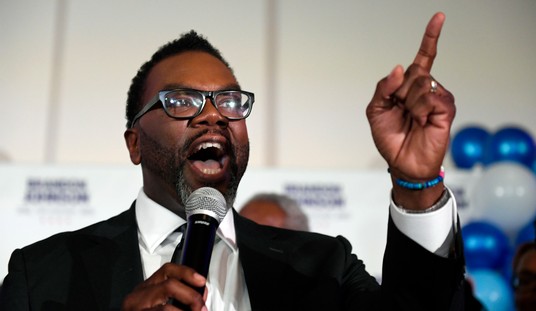WASHINGTON – Senate Foreign Relations Committee Chairman Bob Corker (R-Tenn.) said he hopes the Trump administration begins to “move back to a regular process” and “normalize” the admission of refugees into the United States.
Over the Easter recess, Corker and Sen. Chris Coons (D-Del.) visited the Bidi Bidi refugee camp in Uganda, which houses about 270,000 people who fled the civil war in South Sudan. Corker was asked if he has recommendations for the Trump administration on refugees after his experience on the trip.
“It’s my hope that what they’re going to do is go through a process of, as they’ve already stated, of understanding how people are being vetted, do the things they feel are necessary to ensure that when people are coming here they are coming in a way that continues to make sure our whole nation is safe – and then we’ll move on and move back to the regular process that we’ve been in for some time, or hopefully an improved process if there are issues that need to be dealt with,” Corker said on a Monday conference call.
Corker praised the Trump administration decision to remove Iraq from its list of countries covered by the revised executive order that restricted travel and the admission of refugees from some Muslim-majority nations. A federal court blocked the executive order.
“I was thankful they decided Iraq would not be a part of that. I hope they are actually, right now, going through a process of looking at this whole issue of travel. Hopefully, they are stiffening their resolve to make sure it’s done in an appropriate way, and then, hopefully, when that is done we can move on and more normalize what we have been doing in this regard for many years,” Corker said.
Coons said he respected and appreciated Corker’s comments about refugees.
“I hope a return to a more welcoming and open attitude toward refugees will soon be the case. Today is the Global Day of Remembrance of the Holocaust. There were many who tried to flee in Germany and Europe who were turned back,” he said. “I think it’s an important day for us to remember. We can and should protect the American people from those who would do us harm. And I respect the need to have a strong vetting process, but I also think America’s best values are shown when we welcome those who are fleeing persecution and violence in their home countries as well.”
Coons described the refugees that the senators met as “deeply traumatized” people.
“It is our hope to move forward reforms to our food assistance program that will make it go further and allow us to help more people at a lower cost, and I think that sort of bipartisanship is what we need in this budget environment and at a time where we are seeing a record number of hungry people around the world, a record number of refugees around the world,” he said. “We’re in the middle of the greatest refugee crisis since the end of the second World War. There are about 2 million people internally displaced in South Sudan and nearly the same number, 1.7 million, that have fled South Sudan and there’s more than 100,000 that are facing immediate starvation.”
Corker and Coons want the Trump administration to continue providing funding for the foreign food assistance program, which would be subject to spending cuts if Congress passes the administration’s budget proposal.
“We deal with a lot of issues that involve conflict. We’re constantly asked about North Korea, China, certainly no conflict there at this moment but issues that deal with other kinds of things like what’s happening in Syria, what’s happening in Afghanistan, what’s happening in Iraq, what’s happening with ISIS,” Corker said. “I can just tell you from my standpoint, the place where I feel like we sometimes make the most difference is on issues like this, and it’s really a privilege to serve in the Senate and try to focus on these things that can help other people and certainly further U.S. interests and I’m glad to have a partner like Sen. Coons.”
In response to the proposed cuts to the State Department and USAID, Corker said the current spending levels are only a small portion of the overall budget.
“I’ve never seen a president’s budget ever become law, and Congress will be taking this issue and dealing with it,” he said. “I think most people in Congress understand that what we spend on diplomatic issues and on aid, like we are talking about here, combined is 1 percent of the U.S. budget.”
Corker said most people think foreign aid “must be” 25 percent of the federal budget.
“Every military general that serves will tell you it’s that 1 percent that we spend if we spend it wisely – it is what keeps our men and women in uniform out of harm’s way, keeping them from being in a hot war,” he said. “We obviously need to spend it more wisely.”









Join the conversation as a VIP Member